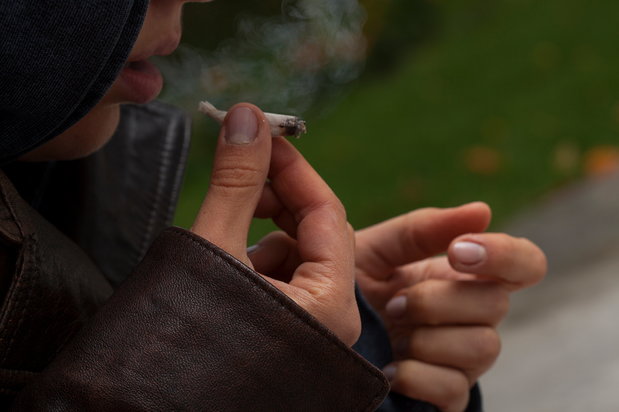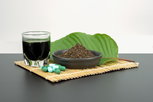Complete abstinence from all mind-altering substances sounds overwhelming when you're new in recovery. As with any drastic change, it is normal to want an easier and "softer" way. Cannabis Sativa or marijuana, as it’s known on the streets, is medicinal and completely natural, which is why many people question the harm in using it to taper off drugs and alcohol. Perhaps it can make getting sober less abrasive and traumatic. After all, “weed” isn’t the cause of all your problems today, right? Let’s take a closer look.
Marijuana Basics
The active component in marijuana is a psychoactive compound called tetrahydrocannabinol or THC. A psychoactive drug alters the mind, perception and mood of the user and THC is known to induce intoxication, relaxation and euphoria. While it is true that marijuana has many healing properties, most folks smoke weed for its intoxicating effects. Marijuana gets you high which makes “The Marijuana Maintenance Program” a slippery slope for those in recovery.The only cure for alcoholism and addiction is complete abstinence, and this means doing away with all mind-altering substances. Using marijuana to ease the pain of not drinking may work for a while, but you’ll eventually end up back at your high of choice. If you think you’re an exception to the rule, test out the theory for yourself. Remember, no one can diagnose you as an alcoholic or addict — only you can do that.
Recognizing Danger
Take a moment to consider the environment and situations that the marijuana maintenance program attracts. You have to go to the dealer or the dispensary. The people you smoke with may also drink or do other drugs, which continues to nurture negative behavior patterns, consequences and situations that made you want to stop using in the first place.
There are three things that are essential to lasting recovery: honesty, open-mindedness and willingness, with honesty leading the pack. That’s because it is the most crucial step in recovery. According to Twelve Steps and Twelve Traditions, no one cares to admit complete defeat: “Every natural instinct cries out against the idea of personal powerlessness.” Therefore, it takes blatant honesty to admit that you’ve been thoroughly beaten by alcohol and drugs. That honesty is also an admission that you can never safely use again.
The Healing Process
Getting sober takes courage and commitment, yet the process may be a bit painful and confusing at first. Since using may have become your solution for solving life’s problems and coping with insecurity, it’s only natural to feel a little wobbly at first. By going to 12-step meetings and getting involved in your recovery, you open yourself to precious lifelines in the form of sober friends and an overhaul of your character and behaviors. While sobriety is about opening the door to emotional, mental and physical healing, marijuana is just another vehicle for nursing old wounds and ideals that no longer serve you.
The 12-steps are designed to arm you with facts about the disease of alcoholism and addiction. Yet, self-knowledge alone is not enough. It’s not the fifth or sixth drink that’s the problem — it’s the first one. Using marijuana softens your defenses against the first drink or fix. While weed is completely natural, it’s still a mind-altering substance. This goes for other plants, herbs and extracts labeled as “legal highs” as well. In fact, anything that alters your senses from the neck up is a slippery slope. It’s perfectly okay to surrender to the idea of not being able to safely quit drugs and alcohol on your own--and the best part is that you don’t have to.
Trying to use marijuana as an easier, softer way to sobriety totally contradicts this principle of personal powerlessness over drugs and alcohol. In the end, it just becomes another way of being in control and getting high. For the real alcoholic and addict, there is never a middle ground
If you or someone you know is seeking help with addiction, please visit our directory of treatment centers or call 866-606-0182 to start the path to recovery today.








